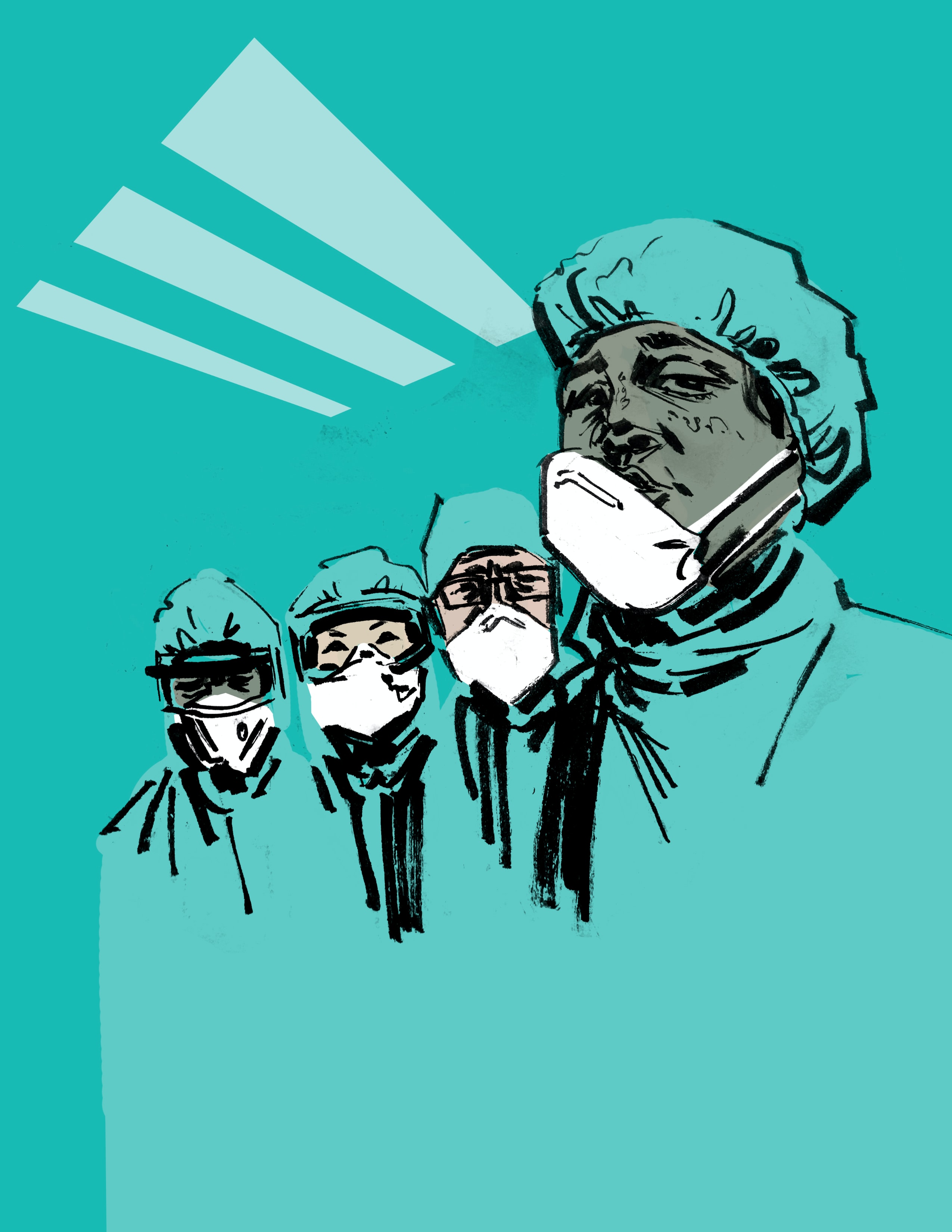I was a frontline worker as an institutional psychologist at a maximum-security federal prison in Canada. A new day would bring new challenges; therefore, to optimize my functioning, I would put my prison cap on as soon as I started to drive to work. Only on the drive back home I would start thinking of my “other” life.
However, during the pandemic, being a frontline worker has taken on a whole new meaning, living with constant fear.
The pandemic has created never-before encountered challenges for you as a frontline worker; one “wrong” step can lead to a torturous death or for the innocent people you meet at work and home.
Time tested norms of crisis intervention, which I used, consulting my colleagues after following well-established rules and regulations, are not enough. The dilemma now for frontline workers is that you don’t know when you’ve taken the “wrong” step as there are no protocols available to contain the virus.
Despite the uncertainty created and the resultant fear and panic, you continue with your work and home duties and try to do your best. You struggle to maintain a healthy lifestyle and a healthier you.
When you feel connected, you share your fears and develop problem-solving skills and, therefore, resilience, as per psychologists Edward Desi and Richard Ryan (Self-determination theory).
Being afraid but resilient may be the key to live through this crisis as impulsiveness and throwing caution away may increase the risk of getting the virus.
The fears are real. You can control your reactions to this all-pervasive fear by knowing how your body reacts when you are stressed, which is unique to you, like having abdominal cramps or sudden dizziness.
Grounding yourself once you realize you’re anxious can be done by becoming aware of your breathing. When you feel overwhelmed, your thoughts speed up, and you take rapid, shallow breaths, which leads to more anxiety as you feel dizzy or nauseous. Taking slow deep breaths will kickstart the parasympathetic nervous system, making you feel calmer and more in control of your stress.
To build trauma readiness and normalize your new experiences, which come with optimum mental and physical health, you can have a daily action plan.
You are practising mindfulness whenever you can, even for a few minutes, to help you learn to relax while accepting your “busy” thoughts.
Mindfulness focuses on being in the present moment; the past is a closed book for reference purposes. Armed with this mindset, you will recognize that you’re tired and accept your colleague’s offer to do your grocery shopping.
Planning for feel-good moments during your working day can be your escape to rejuvenate and a preventive measure to carrying the trauma home.
Each morning upon waking up, you can think of an easy-to-do activity to make you feel better; it can be as simple as making a resolve to do pushups or make time to have breakfast before leaving home. One decisive action may not lead to success immediately but can provide a guiding light to many such mini-resolves during the day.
Psychologist Judith S. Beck has summarised it very succinctly, “one successful strategy for dealing with uncertainty is to control what you can and accept what you can’t.”
You’ll soon discover that you can have the spark of joy at your will to brighten your day.
Disclaimer: This post is for informational purposes and should not substitute for psychotherapy with a qualified professional.
Picture is courtesy Unsplash, United Nations COVID-19 Response


